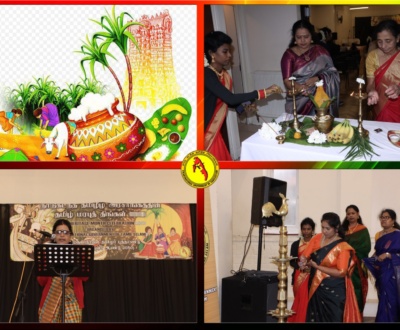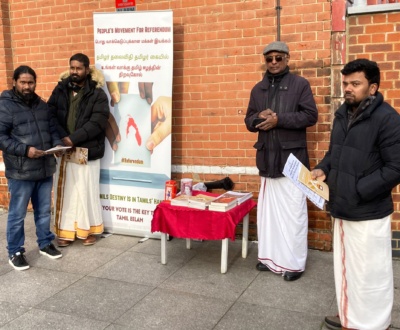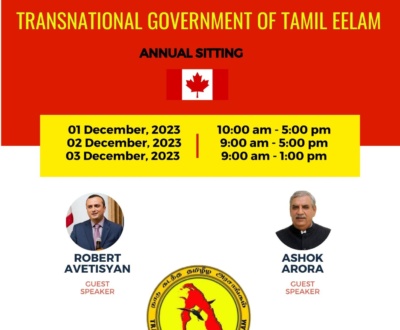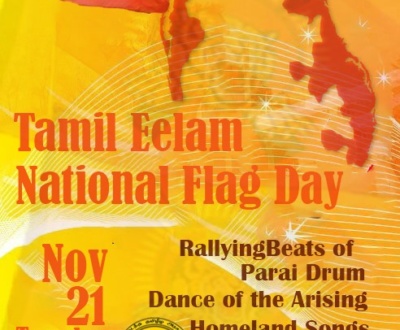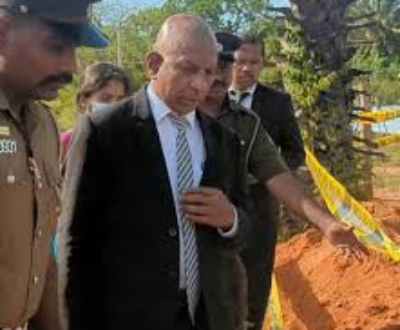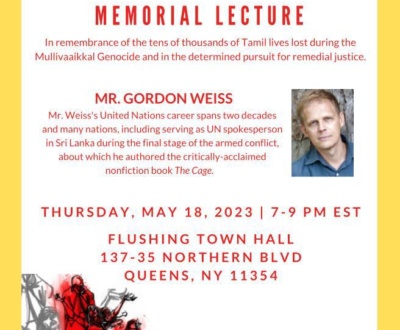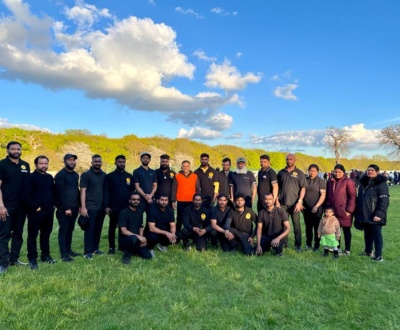TGTE - Homeland தாயகம்
Power to Perform – Pathway to Freedom: Visuvanathan Rudrakumaran
- May 1, 2015
- ENGLISH NEWS, TGTE
The rationale for the birth of Transnational Government of Tamil Eelam (TGTE) as a timely transnational political formation was the need felt for articulating the political aspirations of the Tamils of the island of Sri Lanka in clear terms, when the political space for doing so by those on the island became limited. This was made so by of the 6th Amendment to Sri Lanka’s Constitution which criminalized even peaceful advocacy of independence, the encirclement of the Tamil homeland by the military, and indeed the entanglement of the Tamil civilian lives by a military comprised exclusively of the Sinhalese.
The alleged “regime change” has not altered the political and legal landscape on the island, vis-a-vis the Tamils thus there is no basis to engage in conciliatory politics. Reconciliation can and should be based on free will. Reconciliatory politics based on unhindered political processes is one thing; reconciliatory politics imposed on a chained nation is another. Imposition of a political solution on a chained nation is not an exercise of free political will, but is an act of subjugation.
It is said in some quarters that we, the Tamils, do not have any power to influence the course of events, so we should be satisfied with whatever pittance is given to us, either by the big powers or by the Sinhala government. In fact, one of the present ministers of the Sri Lankan government has said so. Our response to this is twofold. First, if that be the case, we do not need a political movement. The raison d’être for a political movement is to bring about changes. Secondly, it is true we do not have the hard power, but we are in possession of a soft power.
In fact, our soft power has grown since the Mullivaaikal genocide. With our narrative, our victimhood, the justness of our cause and its moral basis, the resources of our Diaspora and the sympathy and the support of Tamils around the globe, especially in Tamil Nadu, we can surely make a compelling case for change. To paraphrase Chris Patten, former EU External Relations Commissioner, we do have “weapons of mass attraction.” The question before us is how we intelligently deploy them!
It is also said that no existing state supports the establishment of an independent new state. We do not wish to quarrel with this observation. However, we are of the view that no state position is permanent. The case in point, the U.S., which denounced the independence of Ukraine as “suicidal nationalism” in 1990, was in fact the main architect of the Kosovo independence in 2006.
Moreover, international relations are no longer (if they ever were) like a chessboard where moves are solely made based on geopolitical interests. The end of the Cold War, globalization and the technological revolution, have all contributed to people-centered international relations and people-centered international politics to emerge. We are witnessing a transnational movement in the sphere of politics, law, economics and society. This transnationalism is able to change the behavior of the states of the world.
The TGTE’s strategy is two pronged. On the one hand, we engage in intellectual discourse with policy-makers, and on the other hand, we mobilize the masses across borders and change the behavior of states. Our “Million Signatures Campaign,” calling for the referral of Sri Lanka to as ICC, is one aspect of this campaign.
We also campaign that remedial justice/ restorative justice should be an important component of transitional justice. In this respect, we have been working with scholars and practitioners – the ultimate opinion-makers.
We are cognizant of the potential of the transnational Tamil power across the globe, especially in states in the Indian Ocean region. Robert Kaplan, the renowned U.S. geopolitical strategist, in a recently published a book titled Monsoon: The Indian Ocean and the Future of American Power, observed that the Indian Ocean would be the backbone of the 21st century. In order to be an effective force in the Indian Ocean politics, it is imperative that this transnational power of the Tamils is rallied and mobilized and we have proposed the formation of World Tamil Congress to accomplish this.
TGTE’s primary task is campaigning for the establishment of an independent and sovereign State of Tamil Eelam. As envisaged in our Advisory Committee Report published on March 15, 2010, the TGTE is also committed to protecting and promoting the interests of the Tamil Diaspora. We have been working on a Massive Action Program as a package of some 15 projects, to be implemented over the coming years.
Rather than viewing the different initiatives as mere structures or as a show of the TGTE’s desire to go it alone, we wish that these be seen as expressions of our effort to invigorate and enliven the Tamil national struggle through an active program of ‘nation building’, in the homeland and here in the Diaspora, on all important fronts. We, therefore, call upon all of you to come forward and join us in performing this noble duty.
The road is long. However, with the moral power of our Maveerar, and with our conviction, steadfast dedication and determination, we shall prevail.
The Thirst Of Tamis Is Tamil. Eelam
Visuvanathan Rudrakumaran, Esq.
Prime Minister – TGTE
